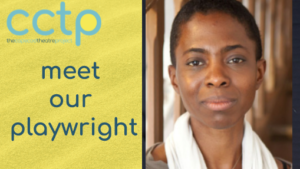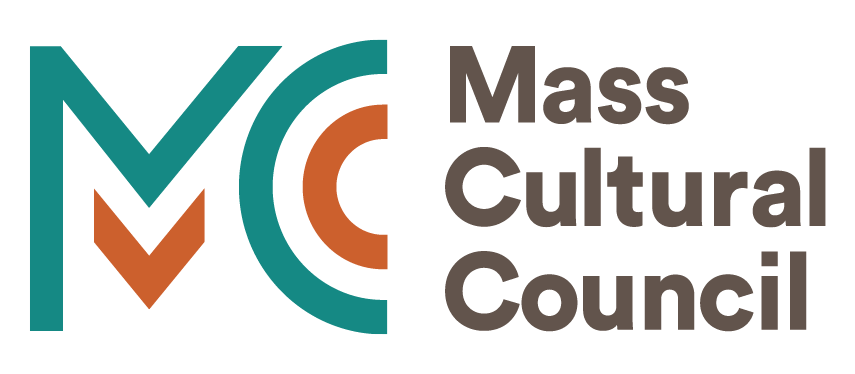Meet Our Playwright – Amy Evans
Where are you from? Where do you live?
I was born and raised in Chapel Hill, North Carolina. My parents were both from Mississippi and moved to Chapel Hill in the mid-seventies. I often think about my upbringing as an experiment in integration, one that I am still trying to make sense of. I studied at Oberlin College and then bounced off to Europe with very little intention of coming back until I fell in love with a Brooklynite. The relationship tanked, but I stayed. Sometimes the wrong thing leads you to the right place.
How did you become a playwright?
A friend invited me to see a production of Büchner’s Danton’s Death at the Berliner Ensemble. My German was nonexistent at the time, and I understood not a single word, and still I was riveted. I had until then considered myself a prose writer, and words had always meant so much to me, so I was curious about this art form where the words were only one element in a massive whole. Around the same time, there was an explosion of new plays coming out of the UK by these amazing young Black writers—Winsome Pinnock, Roy Williams, debbie tucker green—and they were doing things with language and story I had never thought possible. I tried imitating them and failed miserably, at which point I went to London to do an MA and learn some craft.
Is there a recurring theme in your plays that you write about?
Social injustice and what individual people do to retain their humanity in the face of it and to heal from it—that seems to come up again and again for me. I’m not so naive as to think a play can change the world, but I do like to think that a good play can encourage an audience to think differently about the world they live in and what they can do to make that world a more just place. I doubt I’ve ever managed to do that with a play, but I’m willing to keep trying.
What led you to write this play?
Well, there was a very specific “what-if” scenario that prompted the whole idea of the play. But then that kernel grew into something much bigger. It perhaps boils down to a single question that I was recently asked: “What is your relationship to the land?” The land being this land, Turtle Island, a.k.a. the United States. It hit me that I had no answer to the question of my relationship to this soil, this country, in which I was born and raised. I suspect this play is, in a way, my search for a response.
What are you most looking forward to in your week of development?
The sharing! It’s thrilling to bring a play that’s still taking shape before an audience and open up the development process into broader conversation. Roadkill was originally written for audio, so a big part of the week will be figuring out what the play could look like staged. But more than that, this is “play time” in every sense of the word! That’s where theater gets made, in a space of curiosity and exploration and collaboration. I’m extremely lucky to be working with an awesome director, Reginald Douglas, and a marvelous cast, and am excited to sit down together on Monday and simply say, “OK, let’s see what we’ve got, let’s see where the heartbeat is.” But more exciting still is to pose that same question to an audience hearing the play for the first time and ask them where they think the heartbeat is.
What advice do you have for the participants in our college program who are interested in pursuing a life in the theater?
In any art form, but writing for performance in particular, the only true measure of your success is your readiness to stick with it and deliver your best, as tough as it can be (and it will get tough, without exception). That little mantra has gotten me through many a difficult patch! It’s important to remember that the difficulty is all part of the process.
Anything else you would like our audience to know about the play before they see it?
If we were in person, I’d be sitting in the back row watching your reactions—the times you laugh, when you lean forward in your seats, when you drift off, when you bolt up straight. It’s harder to do that on Zoom! So please don’t hesitate to let us know when those moments happen for you..


